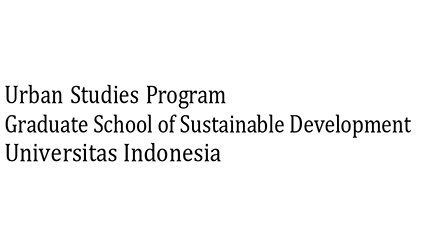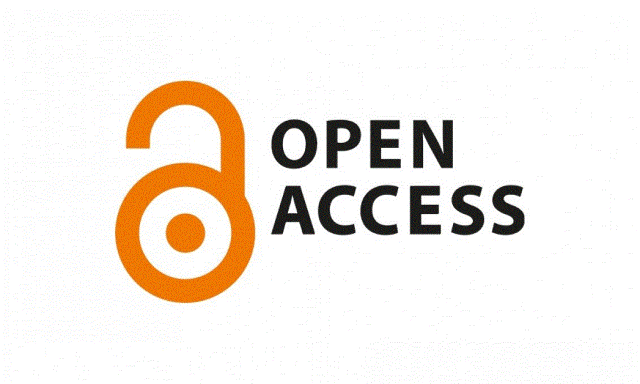Abstract
Background: The changing landscape of Jakarta, especially in coastal areas, has sparked heated debates about spatial planning and social justice.
Aims: This study aims to assess the extent to which the basic rights of the residents of Kampung Susun Akuarium are fulfilled, especially in terms of access to public facilities and other basic needs.
Methods: The method used in this study is descriptive qualitative. Primary data were obtained through observation and in-depth interviews with residents and representatives of the Bangkit Mandiri Aquarium Cooperative. Secondary data were collected from relevant literature and previous research results.
Results: Based on the documented interview results, these indicators were applied to assess the changes that occurred before and after the relocation. Before the relocation, residents of Kampung Akuarium faced forced evictions without adequate legal protection.
Conclusion: The fulfillment of Sustainable Development Goals (SDGs) 11 in Kampung Akuarium showed some improvements and challenges.
References
Afiat, M., Wahyudi A. (2020) Resettlement Kampung Akuarium Jakarta Utara Dengan Metode Kampung Berlapis dan Innovative Self-Sustaining Living.
Cornwall, A. (2008). Unpacking ‘Participation’: models, meanings and practices. Community Development Journal, 43(3), 269-283.
Durand-Lasserve, A., & Royston, L. (Eds.). (2002). Holding their ground: Secure land tenure for the urban poor in developing countries. Earthscan.
Evans, G. W. (2009). The built environment and mental health. Journal of Urban Health, 86(4), 539-563.
Gilbert, A. (2014). Free housing for the poor: An effective way to address poverty? Habitat International, 41, 253-261.
Iqbal, M., & Vonika, N. (2019). Dinamika Proses Relokasi di DKI Jakarta Studi Kasus: Kampung Akuarium Di Penjaringan, Jakarta Utara. Jurnal Ilmiah Perlindungan dan Pemberdayaan Sosial, 1(1).
Muhtadi, M., & Anggara, A. (2020). Evaluasi Proses Program Community Action Plan dalam Upaya Meningkatkan Kualitas Lingkungan di Kampung Akuarium Jakarta Utara. Jurnal Al-Ijtimaiyyah, 6(1), 31-52.
National Affordable Housing Program (NAHP) (pu.go.id). 4 Indikator Rumah Layak Huni (2021) diakses pada 03 Juni 2024.
Sarosa, W. (2020). Kota untuk semua: Hunian yang selaras dengan sustainable development goals dan new urban agenda. Expose. https://books.google.co.id/books?id=7RZezgEACAAJ.
Sustainable cities and human settlements | Department of Economic and Social Affairs (un.org) diakses pada 04 Juni 2024.
UN-Habitat. (2015). Habitat III Issue Papers 20 – Housing. United Nations. https://www.ohchr.org/en/housing. OHCHR and the right to adequate housing | OHCHR, diakses pada 03 Juni 2024.
United Nations. (2019). World Economic and Social Survey 2018: Frontier Technologies for Sustainable Development. United Nations.
Yustiara, D., & Nirwansjah, R. (2019). Pendekatan Behavior Setting pada Penataan Lingkungan Kampung Akuarium dalam Desain Rumah Susun. Jurnal Sains Dan Seni ITS, 7(2), 76-79.
Recommended Citation
Madayani, Cindy; Ramdhani, Dzaky Kayungyun; and Chanief, Ahmad Za'iimul
(2024)
"People-Centered Development in The Aquarium Village Community,"
Cities and Urban Development Journal: Vol. 2:
No.
2, Article 5.
DOI: 10.7454/cudj.v2i2.1030
Available at:
https://scholarhub.ui.ac.id/cudj/vol2/iss2/5






